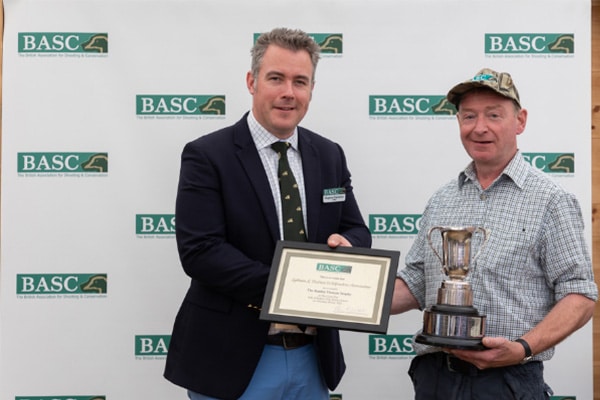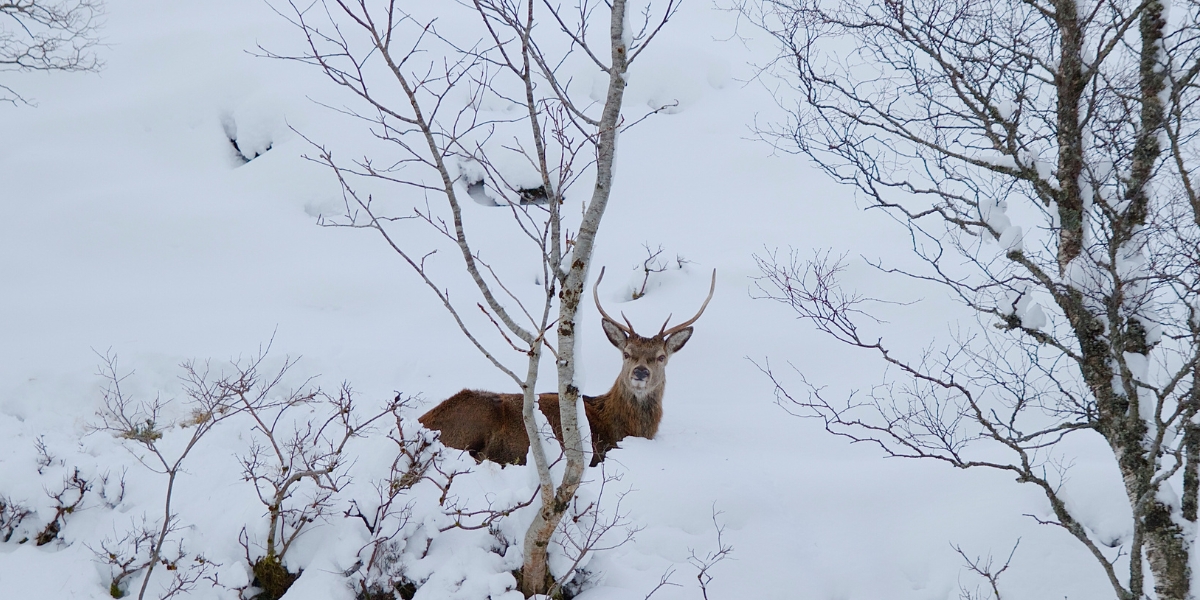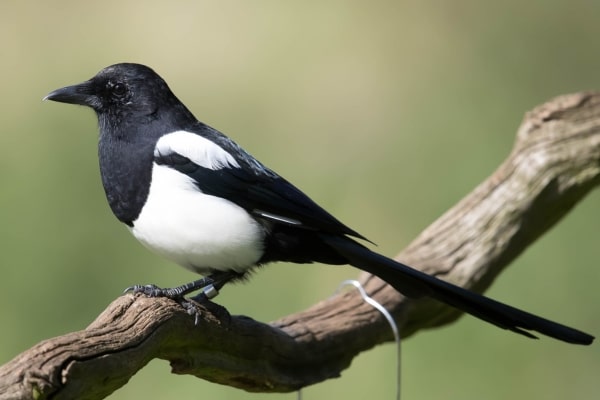
Lytham and District Wildfowling Association receives Stanley Duncan Conservation trophy
BASC’s annual honours and awards recognise and reward the hard work of people within the shooting community who strive to make a difference.
Get information on the legal shooting season for mammals and birds in the UK.
Apply for funding for your project or make a donation today
Comprehensive information and advice from our specialist firearms team.
Everything you need to know about shotgun, rifle and airgun ammunition.
Find our up-to-date information, advice and links to government resources.
Everything you need to know on firearms law and licensing.
All the latest news and advice on general licences and how they affect you.

BASC today called on MSPs to back a series of crucial amendments to the Natural Environment (Scotland) Bill at Stage 2, warning that the legislation in its current proposed form risks undermining deer management, rural employment, and conservation delivery across Scotland.
With more than 150,000 members, including 5,500 active deer managers in Scotland, BASC is the largest shooting and conservation organisation in the UK and a major provider of deer management qualifications.
BASC has been extensively engaged throughout the Bill process, submitting written and oral evidence, responding to consultations, and working with MSPs to lodge amendments.
The association has reiterated its strong opposition to the Bill’s proposals for mandatory training and baseline competence requirements for all deer stalkers.
In its amendments and briefings to MSPs, BASC has reiterated there is no scientific or peer-reviewed evidence supporting mandatory training. It warned that the proposals could halve the number of active deer stalkers overnight, at a time when government expects higher cull levels to meet climate and biodiversity targets.
The Bill is set to introduce new powers allowing ministers to intervene on grounds of “nature restoration”. BASC has warned that these powers are too broad, subjective and lack clear thresholds, risking regulatory overreach and creating uncertainty for land managers.
BASC, through MSPs, has lodged amendments to remove or significantly refine these provisions, emphasising that intervention must be evidence-based, proportionate, transparent and subject to independent scrutiny.
The Bill could introduce sweeping new powers without mechanisms for independent oversight. BASC provided MSPs with amendments to:
These changes would strengthen fairness, transparency, and confidence among those on the front line of deer management.
BASC has also lodged amendments to ensure that issues with muirburn licensing are dealt with, by removing the need to prove other vegetation methods have been considered first.
BASC Scotland director Peter Clark said: “Our members form the backbone of deer management in Scotland, yet the Natural Environment Bill, in its current form, falls short of supporting their work. The Bill must not undermine the good work of private and voluntary deer management through regulation, unclear powers, and barriers to participation.
“Mandatory training is going to be burdensome for the sector, effectively placing significant barriers in the way, at a time when the government is asking for more management to take place. “We urge MSPs to back amendments that protect rural jobs, uphold evidence-based policy and ensure accountability and transparency in decision-making.
“With the right changes, this Bill will be workable whilst enshrining the vital role of the private deer sector, game management, and community-led conservation.”
The Bill is due to be discussed in the Scottish Parliament today, 26 November.

BASC’s annual honours and awards recognise and reward the hard work of people within the shooting community who strive to make a difference.

In the face of an election billed as a foregone conclusion, BASC’s Christopher Graffius argues why we all must continue to press for a positive outcome for shooting.

Magpies will be removed from the general licence in Wales from 1 January 2024.